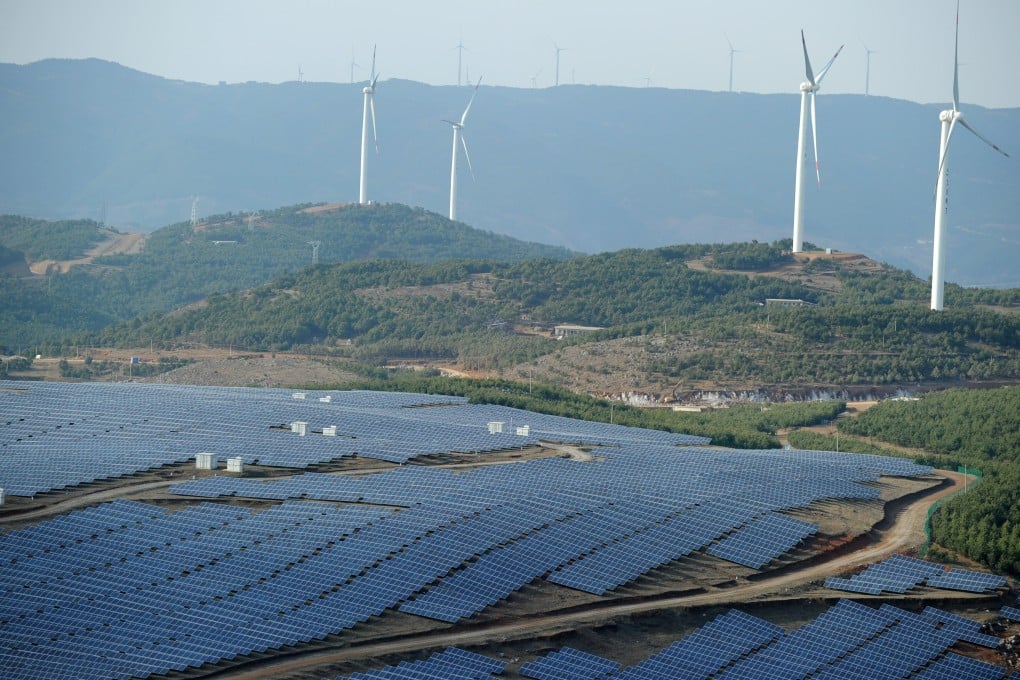China’s carbon neutral pledge: will Beijing’s 14th five-year plan offer a blueprint for zero emissions?
- Xi Jinping’s pledge at the United Nations General Assembly this week for China to be carbon neutral by 2060 offers few details on how it will be achieved
- Experts say clean energy targets in China’s next five-year plan for the period covering 2021-25 will be critical in reaching the goal in bid to fight climate change

China’s pledge to become carbon neutral by 2060 has been hailed as a critical step towards slowing global warming and one that could turn the nation’s next five year plan into “the most crucial document in global energy market history”.
But how China will achieve the goal and whether it will reign in support for coal-fired power at home and abroad remains unclear.
China accounts for nearly 30 per cent of global greenhouse gas emissions, making it crucial to limiting global warming to below two degrees Celsius (35.6 degrees Fahrenheit) above pre-industrial levels, targets that were agreed to under the 2015 Paris Agreement on climate change.
Though welcomed by environmentalists, analysts have pointed out Xi’s speech was frustratingly light on detail, including on how carbon neutrality would be defined and achieved.
No road map was offered as to how this will be achieved. 2060 is a long time out and immediate, concrete steps have yet to be announced
“No road map was offered as to how this will be achieved. 2060 is a long time out and immediate, concrete steps have yet to be announced,” said Gavin Thompson, Asia-Pacific vice-chairman for energy at Wood Mackenzie.